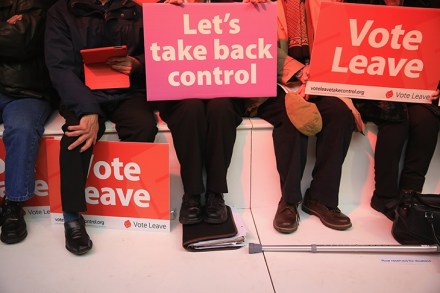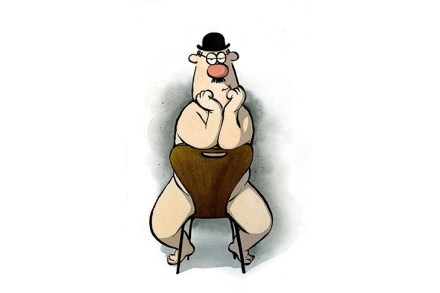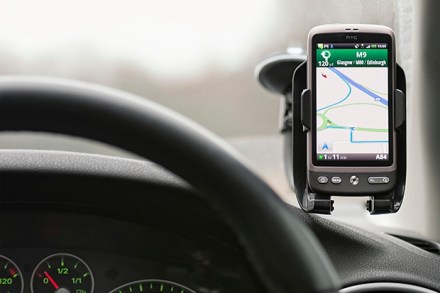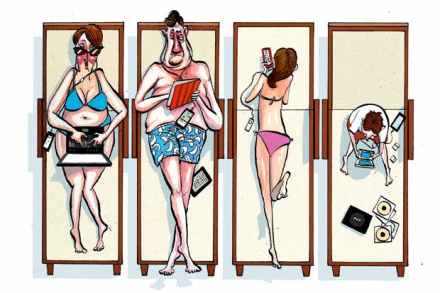Why governments should spend big on tech
I was talking to a large Silicon Valley video-conferencing firm the other day. ‘Just for interest,’ I asked, ‘what would it cost to provide your service to 65 million people?’ The reason I asked is simple. I don’t understand why it is fine for government to spend £60 billion on a railway or £20 billion




















